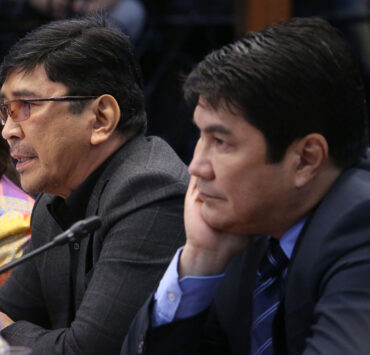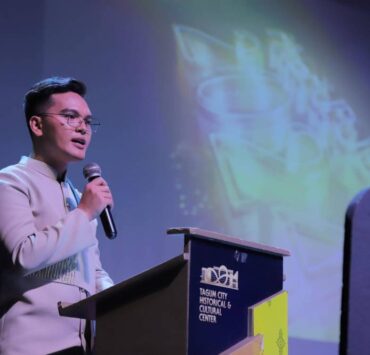PH education innovations showcased in Thailand
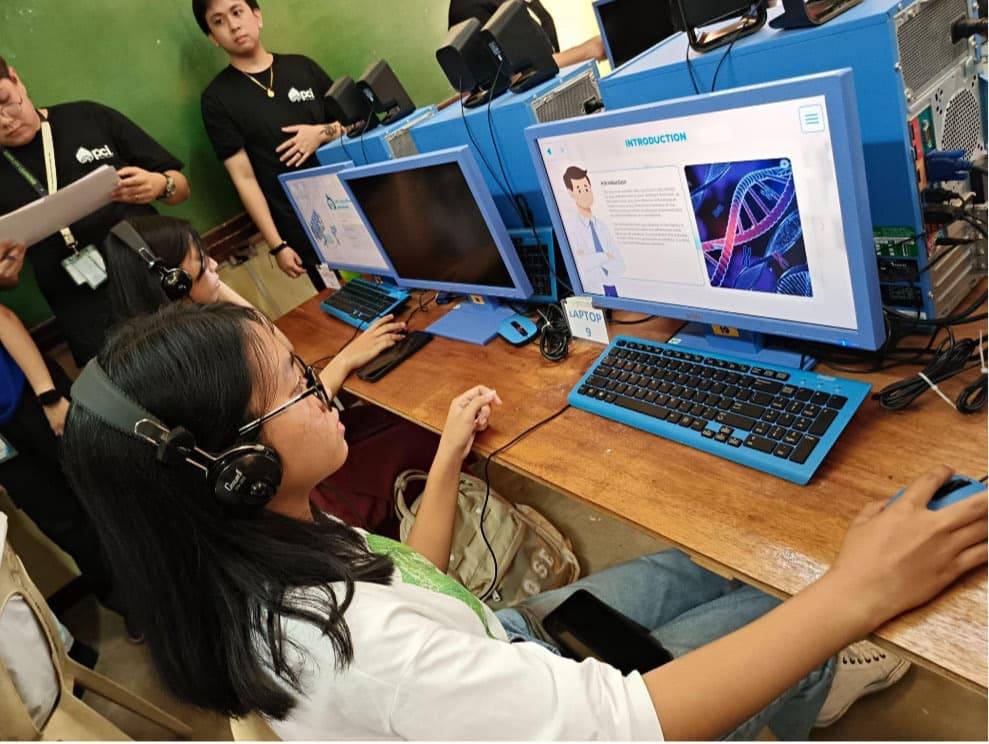
The Department of Science and Technology-Technology Application and Promotion Institute (DOST-TAPI) showcased Filipino innovations at the 2024 National Science and Technology Fair (NSTF) in Thailand Aug. 16-25.
This participation is part of the country’s mission to pursue a global presence in science and technology. NSTF Thailand is recognized as one of Southeast Asia’s largest and most influential science and technology events, providing a platform for Filipino inventors to display their cutting-edge innovations on the international stage and engage directly with a global audience, including investors, industry leaders, and potential collaborators.
The fair’s theme this year is “Future Science Community for All.”
DOST-TAPI’s participation at NSTF Thailand opens doors to promoting and commercializing local technologies internationally.
NSTF also offers a unique learning experience, where Filipino inventors and innovators can gain insights into global trends and best practices. These engagements are essential in the continuous benchmarking of Philippine competitiveness in the ever-evolving global field of science and technology.
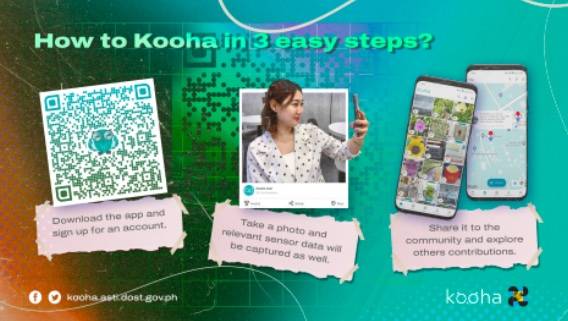
Kooha
Inventor: DOST-Advanced Science and Technology Institute
Kooha is an Android app that leverages AI and machine learning to transform environmental data into actionable insights for experts in monitoring and disaster risk management. As a participatory tool, it raises community awareness on disaster risk reduction and the importance of data science.
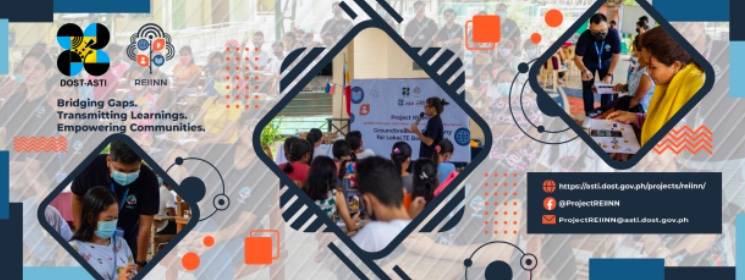
REIINN (Resilient Education Information Infrastructure for the New Normal)
Inventor: DOST-Advanced Science and Technology Institute
The REIINN initiative creates frameworks and infrastructure to provide accessible learning resources, including modules for Grades 1-12, gamified math, and virtual museum tours. It also bridges the digital divide by deploying community LTE networks and utilizing datacasting technology for distance learning.

Virtual Laboratory Application in Science (VLAS) Project
Inventor: DOST-Science Education Institute
VLAS is a 360-degree 3D biology lab simulator that offers virtual experiments and theoretical knowledge in an immersive environment. It helps users familiarize themselves with lab equipment and methods through interactive modules
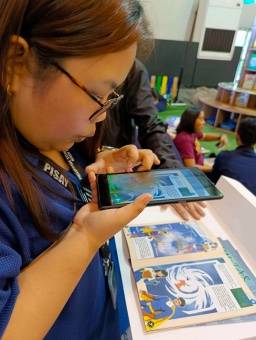
Simatar (Strategic Intervention Material for Teaching with Augmented Reality)
Inventor: DOST-Science Education Institute
Simatar transforms smartphones into science labs with comic-style 3D simulations of complex scientific phenomena, such as typhoons and earthquakes, using Augmented Reality. This innovative app enhances science education by making abstract concepts more tangible.
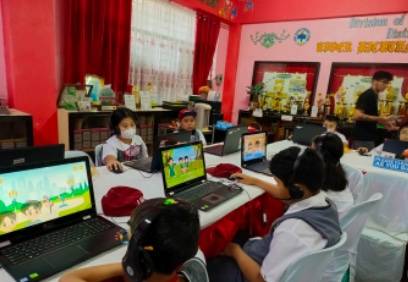
DOST Courseware
Inventor: DOST-Science Education Institute
DOST Courseware is a free, interactive software offering multimedia Science and Mathematics resources for Grades 1-12. Available across multiple platforms, it supports teachers and students in mastering complex concepts through engaging, Filipino-developed content.
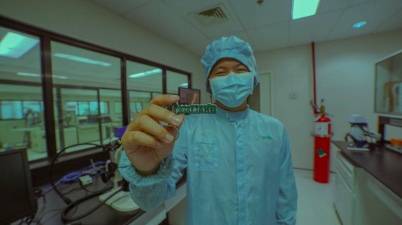
Make-roscope
Inventor: Engineer Jeremy C. De Leon
The Make-roscope is a compact, affordable microscope that attaches to a smartphone or tablet camera, magnifying organisms up to 400 times. It offers a user-friendly, portable alternative to traditional compound light microscopes.
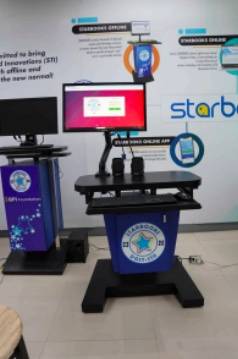
Starbooks
Inventor: DOST-Science and Technology Information Institute
Starbooks is an offline digital library that provides access to a vast collection of science and technology materials, aiming to democratize STEM education. It ensures that even remote Indigenous communities have equitable access to quality educational resources.














